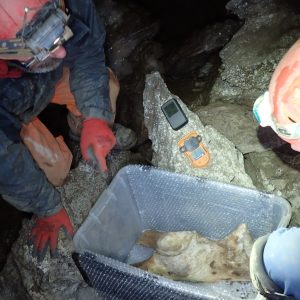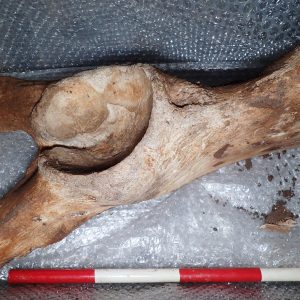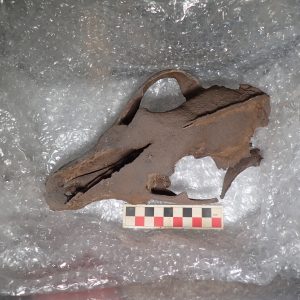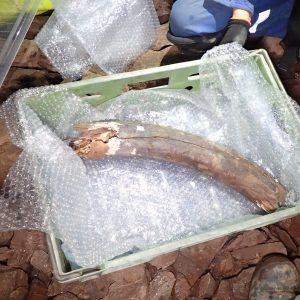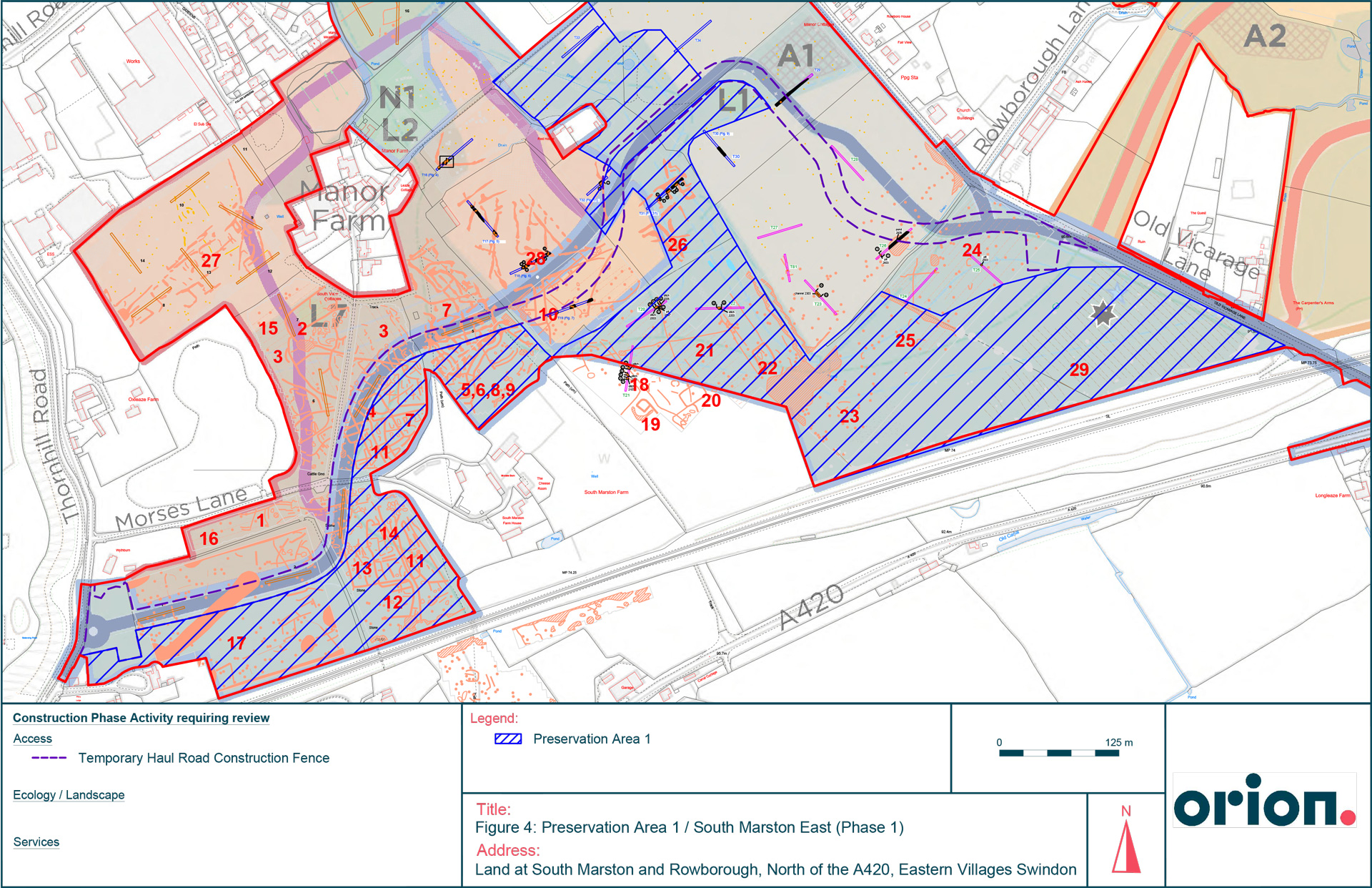Strategic Land: Sherford New Town, Devon
Client: Sherford Consortium (Vistry Homes & Taylor Wimpey)
Challenge
Sherford new town is a major consented residential scheme for 5,500 homes, community facilities, a new primary school, and extensive country park. Lying to the east of Plymouth, Sherford is located in an area of high archaeological potential.
Orion was appointed toward the end of the construction of phase one of the scheme to agree a new approach to the extensive archaeological mitigation works required ahead of the construction of each phase of the new town. This has included taking over the management of the post-excavation work from major archaeological excavations that were undertaken prior to Orion’s involvement.
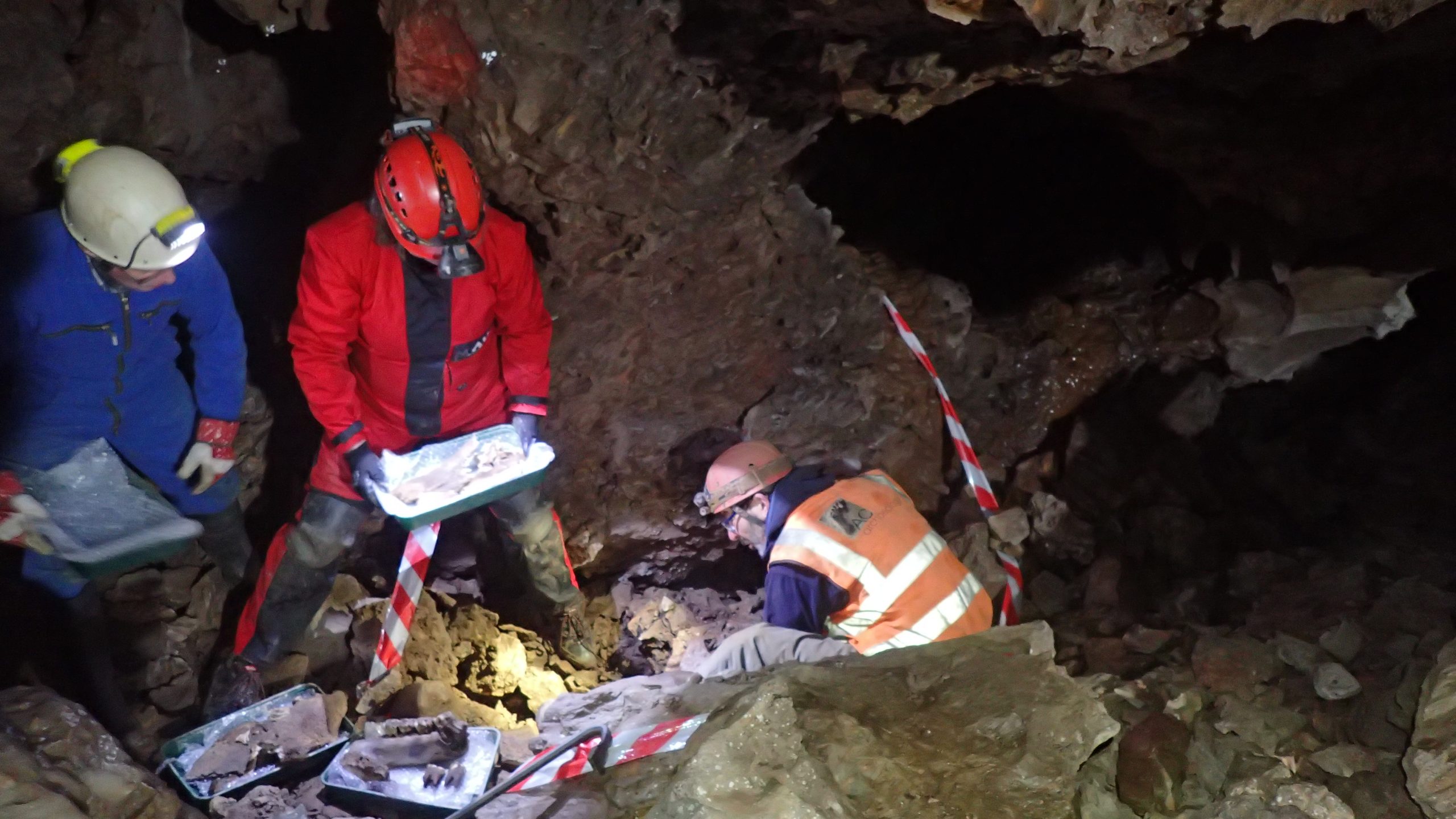
Approach
Orion undertook informed negotiations with Devon County Council to agree a pragmatic, fresh approach to the evaluation and excavation of the outstanding parts of phase one and the remaining five phases of the new town.
The team formulated and agreed a detailed site-wide Written Scheme of Investigation covering all future archaeological investigations.
To date, Orion has procured and managed the archaeological evaluation and excavation of three phases of the development and the new Business Park on behalf of the Consortium, ensuring a cost-effective programme of works. This has involved the assessment of archaeologically sensitive areas of Sherford’s large Country Park to ensure remains are preserved and excavation costs are avoided.
In 2021, internationally important Ice Age animal remains, including woolly mammoth, woolly rhino, wolf and hyena, were unexpectedly encountered during construction works. Working closely with the Consortium, the development project managers, Devon County Council and Historic England, Orion swiftly put together and managed an expert team of leading Pleistocene academics and specialist field archaeologists to devise and implement a detailed investigation programme of the Ice Age remains.
Due to the nature and location of the remains, this was a technically and logistically challenging project which required a creative and responsive problem-solving approach to deliver a timely and high-quality archaeological investigation.
Outcome
Expertise and pragmatism from the Orion team enabled a cost-effective and time-sensitive approach to the considerable challenge posed by archaeology. The delivery of meticulous investigations has ensured long-term preservation of the Ice Age remains as well as minimising disruption to the development.
Working closely with the Consortium’s PR advisers and The Box, Plymouth, Orion played a key part in the publicity of this Ice Age discovery, including national and international media and talks at local schools.
Orion continues to work with the Consortium to run the archaeological mitigation excavations required prior to each new phase of the town ahead of construction, as well as managing the large post-excavation programme that the previous and forthcoming investigations require.


